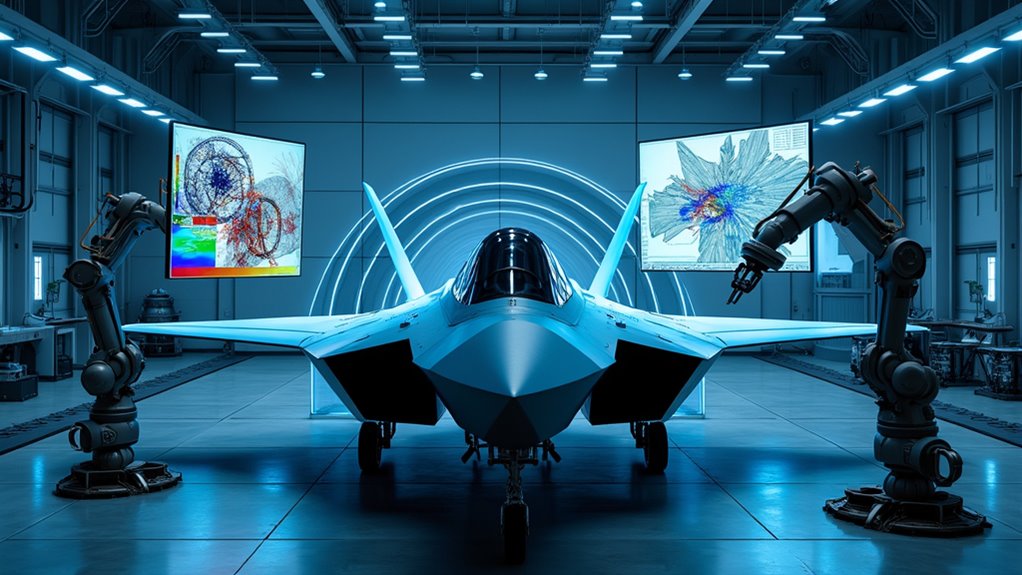Britain’s Arctic game plan has gone full sci-fi, swapping woolly hats for AI that scours satellite feeds and sensors for shady vessels (looking at you, Russia). Instead of squinting through binoculars, they now let algorithms spot threats, sniff out sabotage on undersea cables, and even monitor the melting ice for new shipping routes. There’s joint patrol action with Norway, digital watchdogs for infrastructure, and a healthy £400,000 cash injection into climate research. Curious about who’s winning this frosty chess match?
Although most Brits probably picture the Arctic as a frozen wasteland best left to polar bears and Bond villains, the UK government sees something else entirely: a high-stakes security frontier, bristling with opportunity and—let’s be honest—more than a few threats.
Thanks to artificial intelligence, the UK’s approach to Arctic security is less about woolly hats and more about algorithms that never sleep.
Let’s start with surveillance. AI now does the heavy lifting, scanning endless satellite feeds and sensor data, spotting suspicious vessels—think less Santa’s sleigh, more shadowy Russian “research” ships. It’s real-time, automated, and far less reliant on brave souls freezing on patrol. The upside? Faster responses, fewer frostbitten fingers. As geopolitical tensions in the Arctic increase, the UK’s deployment of AI is part of a broader effort to maintain a technological edge over rival powers.
Then there’s the not-so-small matter of infrastructure. Undersea cables and pipelines, lifelines for the UK and Europe, are now guarded by AI sentries. These digital watchdogs sniff out sabotage, espionage, or cyber shenanigans from hostile actors. If someone tries to mess with the data or the gas, early warnings go out—sometimes before a human would even blink. The UK’s new Security and Defence Partnership with the EU is also aimed at enhancing the safety of European nations in this challenging region.
Allies aren’t left out in the cold, either.
- Joint British-Norwegian naval patrols: now with AI-powered threat detection.
- Shared intelligence and surveillance: because “teamwork makes the dream work,” even in subzero temps.
- New funding for scientists who prefer penguins to PowerPoints.
Arctic geopolitics is heating up as fast as the ice is melting. Russia’s military muscle, new shipping routes, and resource grabs mean the UK can’t just sit this one out.
By doubling down on AI, Britain signals it’s not planning to be a spectator—more like a referee, whistle in hand. Behavior anomaly detection helps identify unusual patterns in Arctic maritime traffic that could indicate security threats.
Research isn’t just about glaciers. UK-funded climate studies (to the tune of £400,000) and long-standing science bases help track both environmental shifts and the new security headaches they bring.
For the UK, it’s about resilience: updating policies, investing in tech, and making sure the only thing cracking in the Arctic is the ice—not the country’s security.









